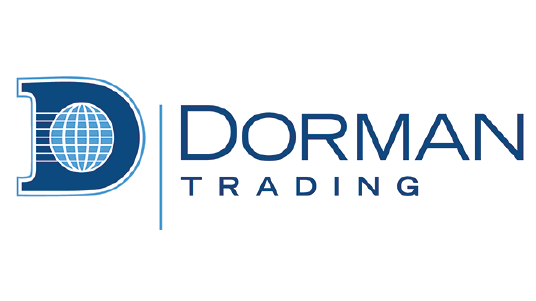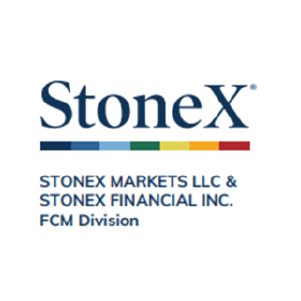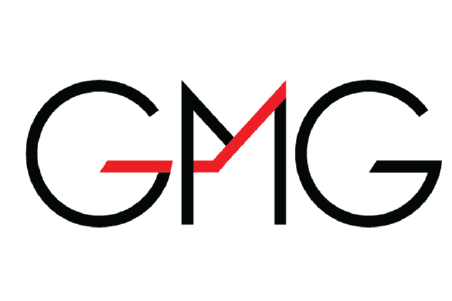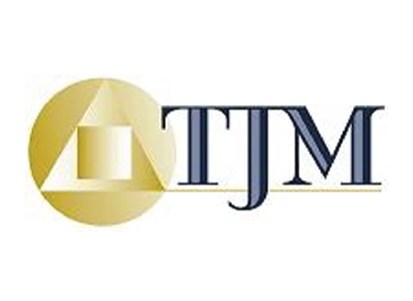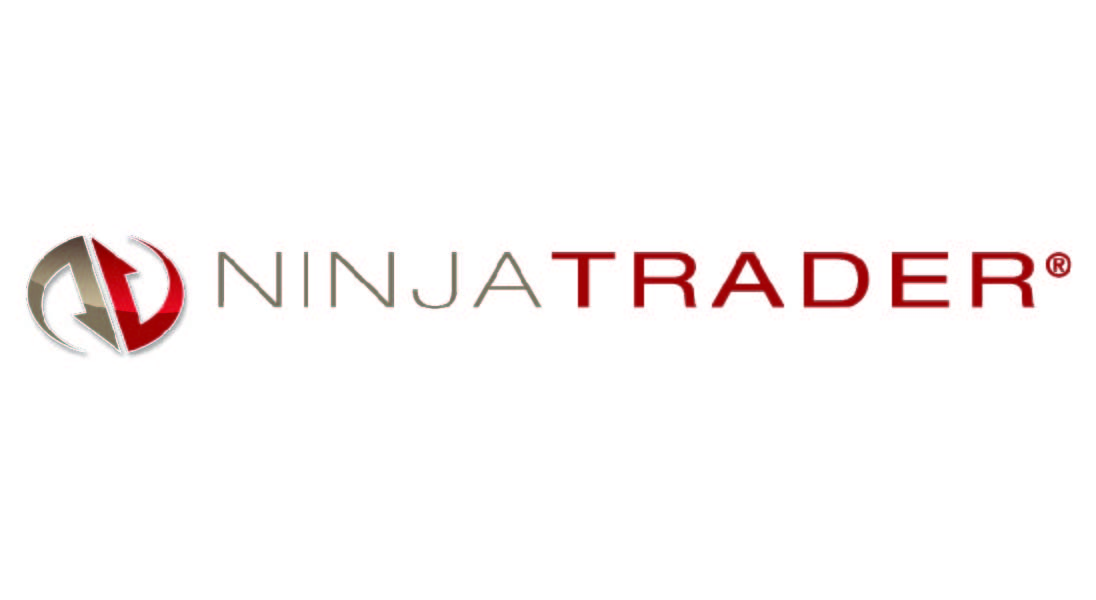♦Verdict: Not Guilty♦
The recent federal court acquittal of Swiss trader Andre Flotron is a notable event in light of the avalance of indictments, convictions, fines and settlements for spoofing.
Attorney Clifford Histed and colleagues at K&L Gates detail the Flotron saga in a two-part article. After a number of twists and turns, the Flotron trial tested whether a single charge of conspiracy to commit commodities fraud by spoofing – rather than multiple counts of spoofing itself – could result in a criminal conviction using a watered-down burden of proof.
The government deviated from the highly publicized and successful trial strategy blueprint established in the 2015 spoofing conviction of Michael Coscia, but failed to convince the Flotron jury with the presentation of statistics and cooperating witnesses.
The implications of this acquittal are worth noting, because more spoofing cases are coming down the pike as a result of the “futures market spoofing takedown” the Department of Justice announced in January. Histed, who supervised the Coscia investigation and indictment for the U.S. Attorney’s office, discusses several takeaways in his two-part article. He notes that traders must be vigilant in their adherence to the rules, because “the markets are watching” with sophisticated surveillance and data analysis systems, and counterparties are ready to become informers, witnesses and/or whistleblowers.
The only “safe harbor” is to know the rules and follow them to the letter. Our Market Conduct course was written to educate traders on the mechanics and consequences of engaging in spoofing, wash sales, market manipulation, pre-arranged trading, noncompetitive trading, front-running, insider trading and other infractions.



